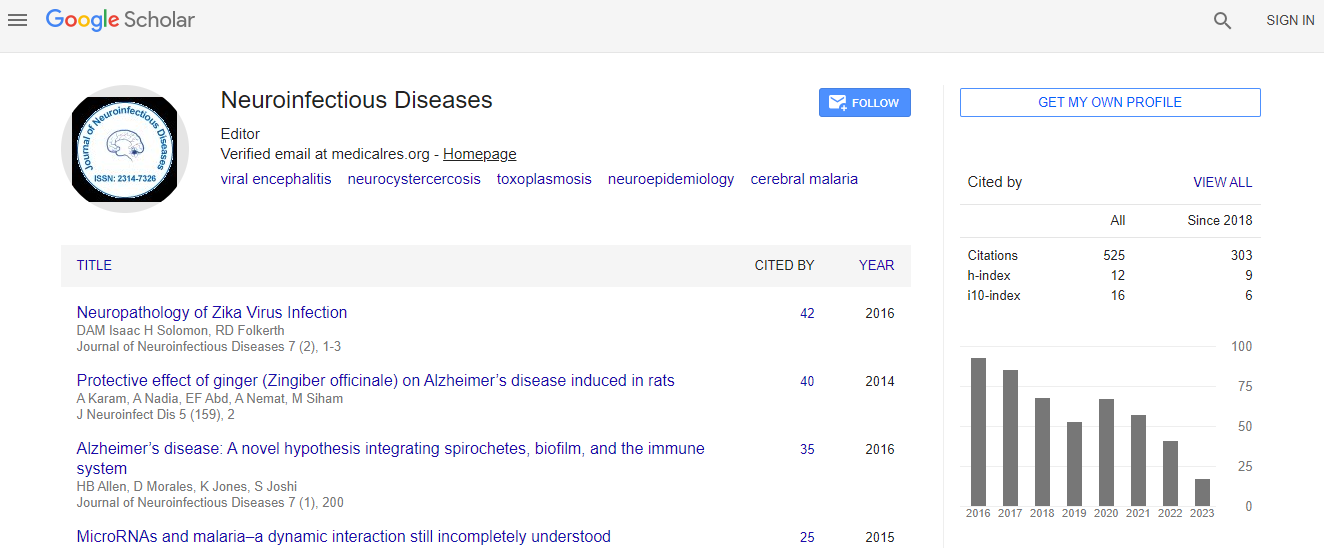Case Report
Cutaneous Acanthamoebiasis with CNS Involvement Post-Transplantation: Implication for Differential Diagnosis of Skin Lesions in Immunocompromised Patients
Andrea D’Auria1,* Jamie Lin2 P. Jan Geiseler2 Yvonne Qvarnstrom4 Rebecca Bandea4 Sharon Roy5 Rama Sriram5 Christopher Paddock6 Sherif Zaki6 Gene Kim3,# and Govinda S. Visvesvara5,#
1Department of Pathology and Laboratory Medicine, Keck School of Medicine, University of Southern California, Los Angeles, CA 90089, USA
2Department of Infectious Disease, Keck School of Medicine, University of Southern California, Los Angeles, CA 90033, USA
3Department of Dermatology, Keck School of Medicine, University of Southern California, Los Angeles, CA 90033, USA
4Division of Parasitic Diseases, National Center for Emerging and Zoonotic Infectious Diseases, Centers for Disease Control and Prevention, Atlanta, GA 30333, USA
5Division of Foodborne, Waterborne, and Environmental Diseases, National Center for Emerging and Zoonotic Infectious Diseases, Centers for Disease Control and Prevention, Atlanta, GA 30333, USA
6Division of Viral and Rickettsial Diseases, National Center for Emerging and Zoonotic Infectious Diseases, Centers for Disease Control and Prevention, Atlanta, GA 30333, USA
#These authors contributed equally to this manuscript.
- *Corresponding Author:
- Andrea D’Auria
Department of Pathology and Laboratory
Medicine, Keck School of Medicine, University
of Southern California, Los Angeles, CA 90089, USA
E-mail: andrea.dauria@gmail.com
Received Date: 9 August 2012 Revised Date: 14 September 2012 Accepted Date: 21 September 2012
Abstract
We report a 62-year-old male who presented status post lung transplantation with subcutaneous nodules. One week later, he showed signs of altered mental status; brain imaging demonstrated mass effect in the cerebellum and meningoencephalitis. In spite of treatment with a broad range of antimicrobials, he died. A punch biopsy of the skin lesions showed a superficial and deep mixed inflammatory infiltrate admixed with large mononuclear cells. A diagnosis of cutaneous amoebiasis was made and the amoebae were identified as Acanthamoeba spp. based on immunofluorescent stains and PCR assays. Cutaneous Acanthamoebiasis is a rare infection in immunocompromised patients, particularly organ recipients. It is important that this entity is included in the differential diagnosis of immunocompromised patients who have cutaneous infections that are not responding to antibiotics. An early diagnosis is crucial since cutaneous Acanthamoebiasis can disseminate to the central nervous system and cause granulomatous amoebic encephalitis (GAE), which is usually fatal.

 Spanish
Spanish  Chinese
Chinese  Russian
Russian  German
German  French
French  Japanese
Japanese  Portuguese
Portuguese  Hindi
Hindi 
